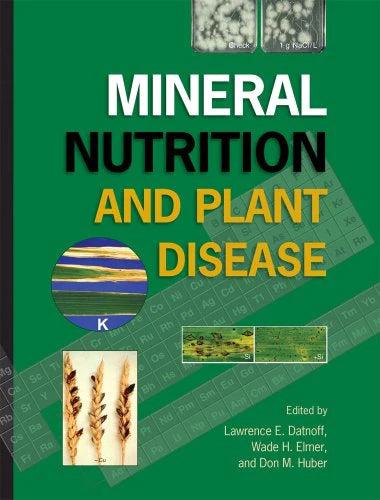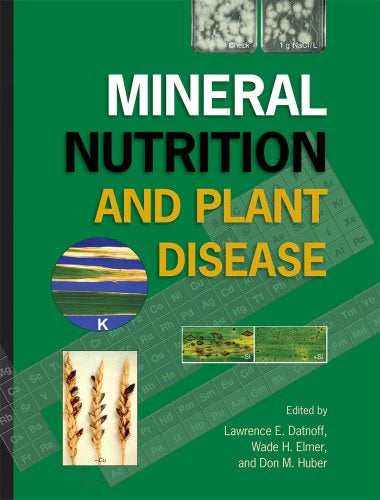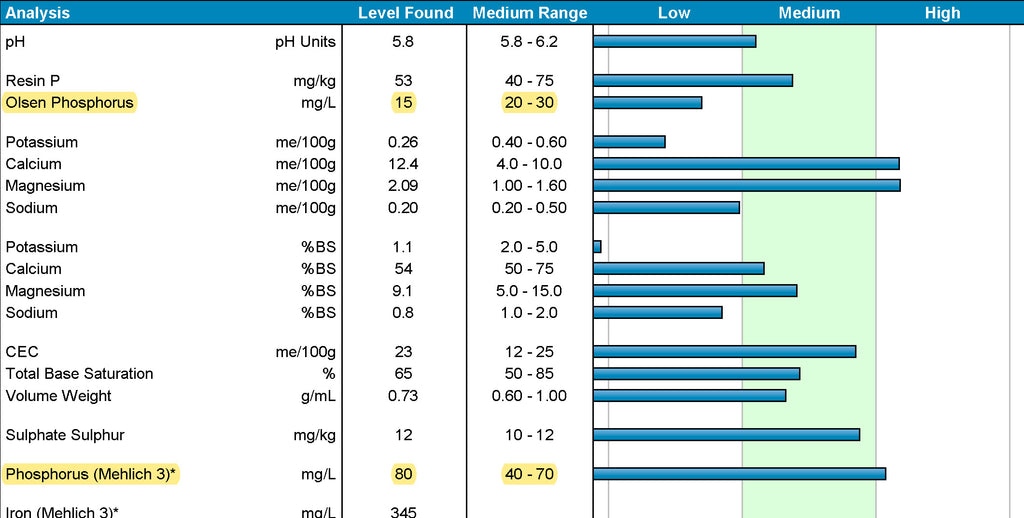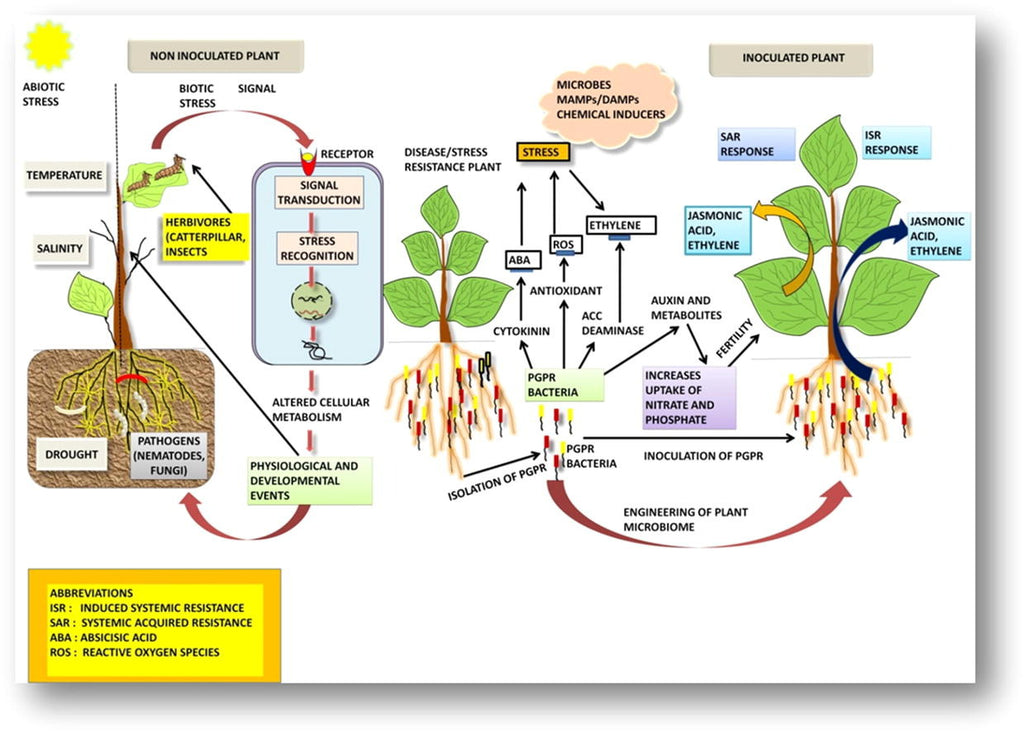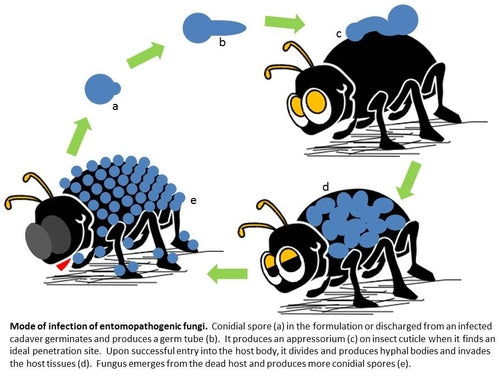News
Nutrition and Disease – Interview with Professor Don Huber – Part 2 Graeme Sait
Posted by Daniel Schuurman on
Nutrition and Disease – Interview with Professor Don Huber – Part 1 Graeme Sait
Posted by Daniel Schuurman on
if you grow wheat and use glyphosate, you may have noticed an increase in diseases like ergot and powdery mildew. They are both related to a lack of copper in the plant, because this mineral has been shut down by the herbicide. It can be a very productive istrategy to foliar spray copper to help avoid this problem. People misunderstand the use of copper as a fungicide. They drench the plant and often create excesses of this mineral in the soil. 75% of the copper response comes from within the plant, rather than on the leaf.
March 23 Newsletter, Phosphorus Month
Posted by Daniel Schuurman on
Bacillus subtilis for plant health and crop yield improvements:
Posted by Daniel Schuurman on

Plant diseases are a significant threat to global food security and agricultural productivity. Traditional methods of disease control, such as chemical pesticides and fungicides, have several drawbacks, including harmful environmental and health effects and increasing levels of resistants. Therefore, alternative methods of disease control are urgently needed. The use of beneficial bacteria, such as Bacillus subtilis, has emerged as a sustainable and eco-friendly approach to control plant diseases. In this review, we provide a comprehensive overview of the benefits and efficacy of using Bacillus subtilis for plant disease control. We discuss the modes of action of Bacillus subtilis, its efficacy against a range of plant pathogens, and its effects on plant growth and development. Furthermore, we highlight the potential of using Bacillus subtilis in combination with other biological control agents to enhance its efficacy.
- 0 comment
- Tags: agriculture, regenerative
Non Chemical Insect Control Options including Grass Grub
Posted by Daniel Schuurman on

